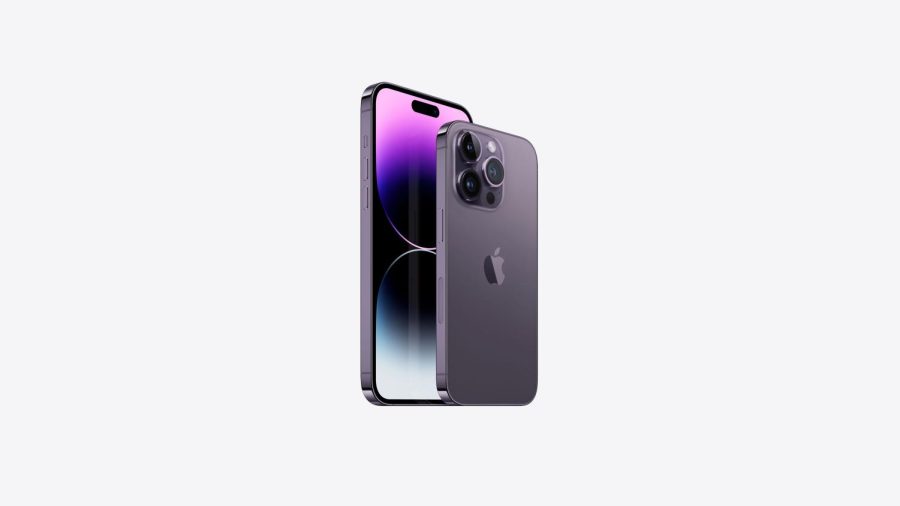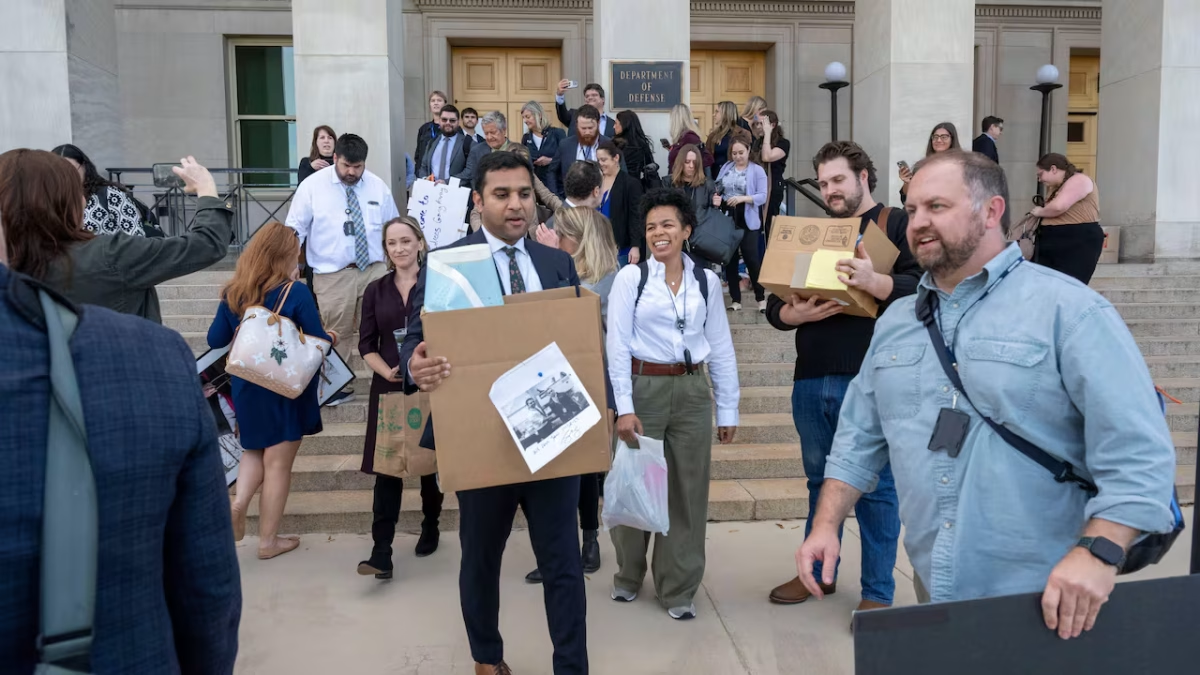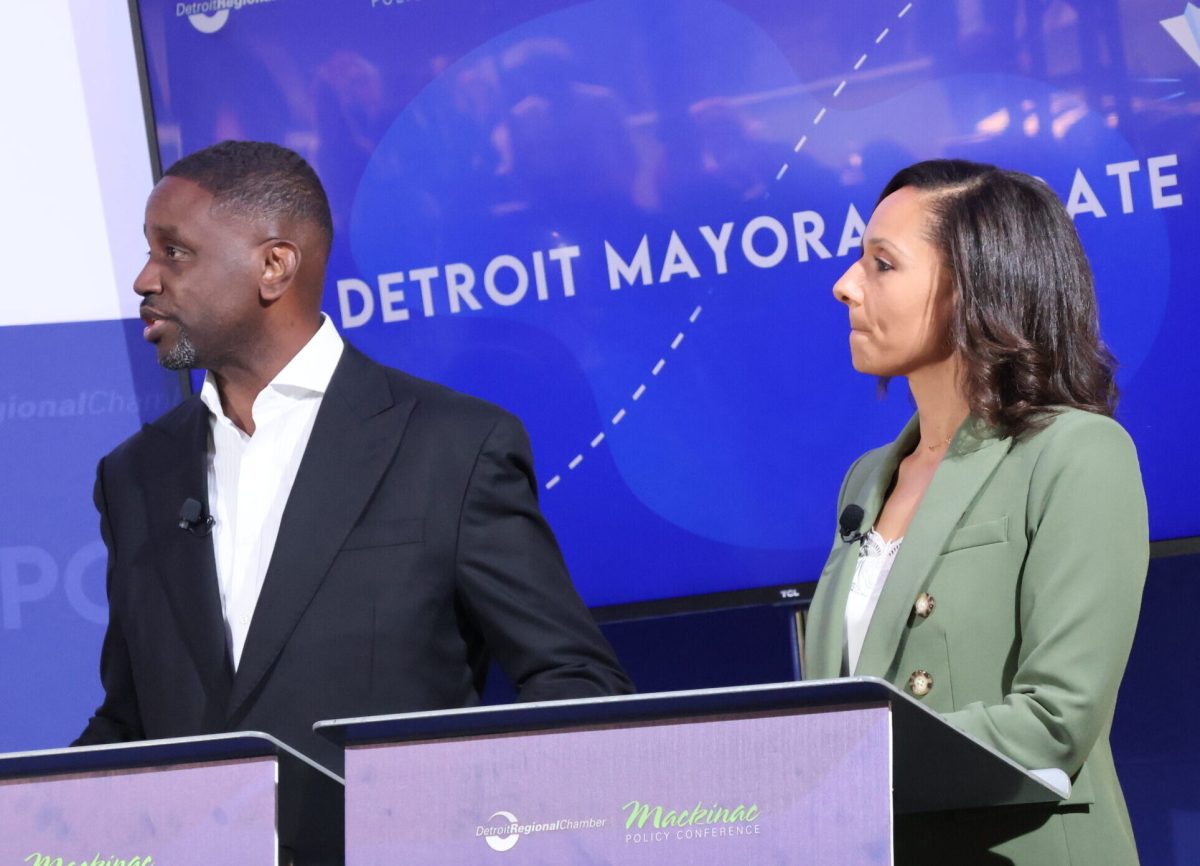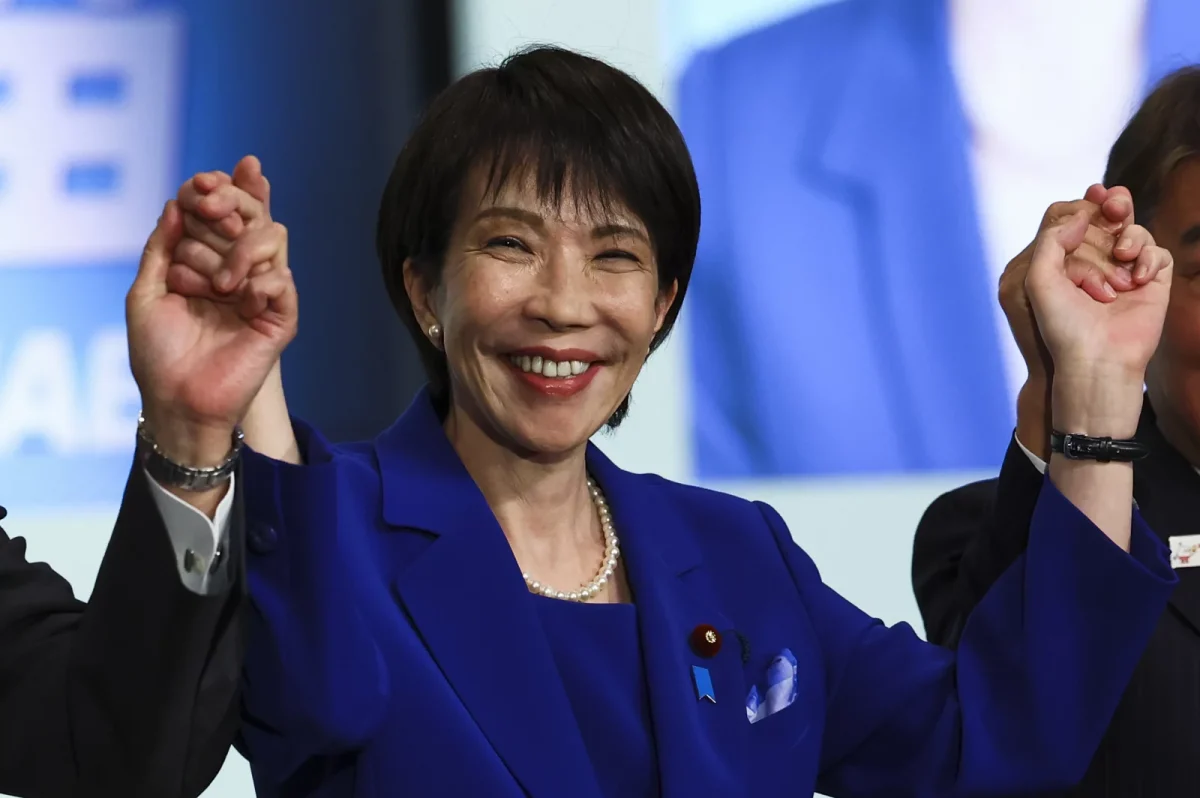The U.S. Department of Justice is suing tech company Apple for alleged market exclusionary actions, and breaking federal antitrust laws. The lawsuit could bring big changes to the tech industry. It also reveals an ongoing war between the federal government and other large companies.
Attorney General Merrick Garland announced that the DOJ will be suing Apple for wielding monopoly power to exclude competition, lower quality and hike prices.
“Apple has consolidated its monopoly power, not by making its own products better, but by making other products worse,” Garland said.
The DOJ alleges that Apple does this by adding fees and restrictions that limit what features third-party apps can use. The DOJ alleges that Apple’s actions have the effect of lowering the quality of ‘non-Apple’ third-party apps.
Garland also pointed out that Apple is capable of taking 30% of all app and in-app purchases made on its software.
“Apple is able to command these fees from companies of all sizes,” Garland said.
In the lawsuit that the DOJ brought against Apple, it alleges that the corporation has been suppressing technologies that would allow users to more easily change smartphone brands.
“Digital wallets that work across smartphone platforms allow users to move from one smartphone brand to another with decreased frictions, among other things. Apple has denied users access to digital wallets that would have provided a wide variety of enhanced features and denied digital wallet developers — often banks — the opportunity to provide advanced digital payments services to their own customers,” the lawsuit reads.
Apple has not stayed silent, however. In a press release, the company denied all the allegations that the DOJ had brought against it.
“We believe that this lawsuit is wrong on the facts and the law, and we will vigorously defend against it,” Apple said.
Apple stated that it felt that the lawsuit would stop the company from creating products that incorporate hardware, software and services — the company’s signature style. Apple also expressed the sentiment that, if the lawsuit is successful, it would grant the government unprecedented powers in controlling technological production.
“At Apple, we innovated every day to make technology people love,” Apple said.
In truth, if the lawsuit is successful it would likely create a situation in which Apple would be forced to open its software to allow more competition. This would look like multiple app stores, more integrative technology, more diverse apps and a potential drop in prices.
In the 1990s, tech giant Microsoft underwent a very similar lawsuit for obtaining and abusing monopoly powers. Many have noticed the similarities between the Microsoft case and the current Apple case, and think it may provide precedent for the DOJ.
“Today’s complaint alleges that Apple has engaged in many of the same tactics that Microsoft used,” Garland said.
Microsoft reportedly had operating systems on 97% of computing devices in 2000. This is in comparison to Apple’s reportedly 64% market share of smartphones today, leaving some differences in the context of the two lawsuits.
These developments between the DOJ and Apple are reflective of a larger effort by the federal government to clamp down on monopolies. Other governmental agencies and organizations, like the Federal Trade Commission, share responsibility for protecting market competitiveness.
Recent developments with government agencies include reports on grocery companies, investigations on Live Nation and even price caps on inhaler companies.
The results of the lawsuit are uncertain, but the precedent that it will set will have a large impact on modern-day markets and governmental powers. The DOJ is poised to pursue the lawsuit to the fullest extent, while Apple defends its business model.
“That is what the American people expect, that is what they deserve,” Garland said.









